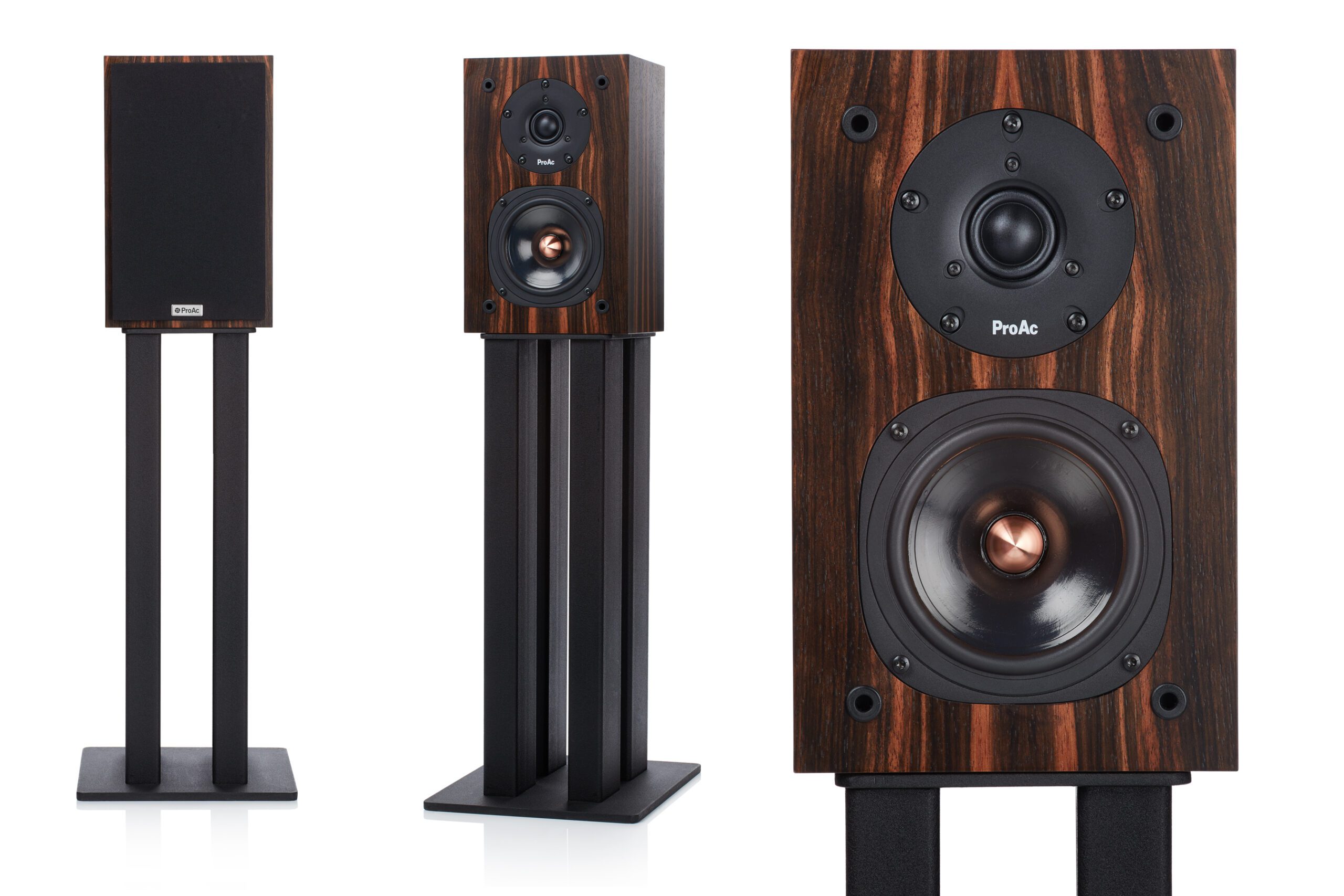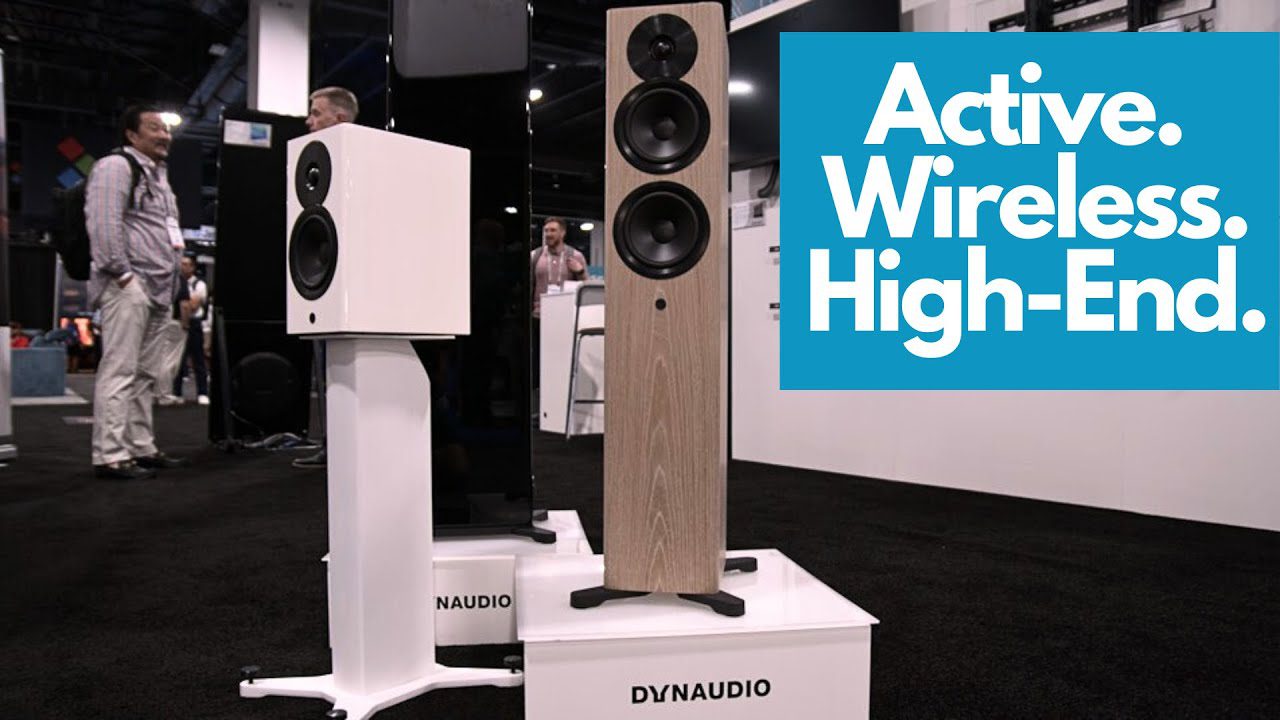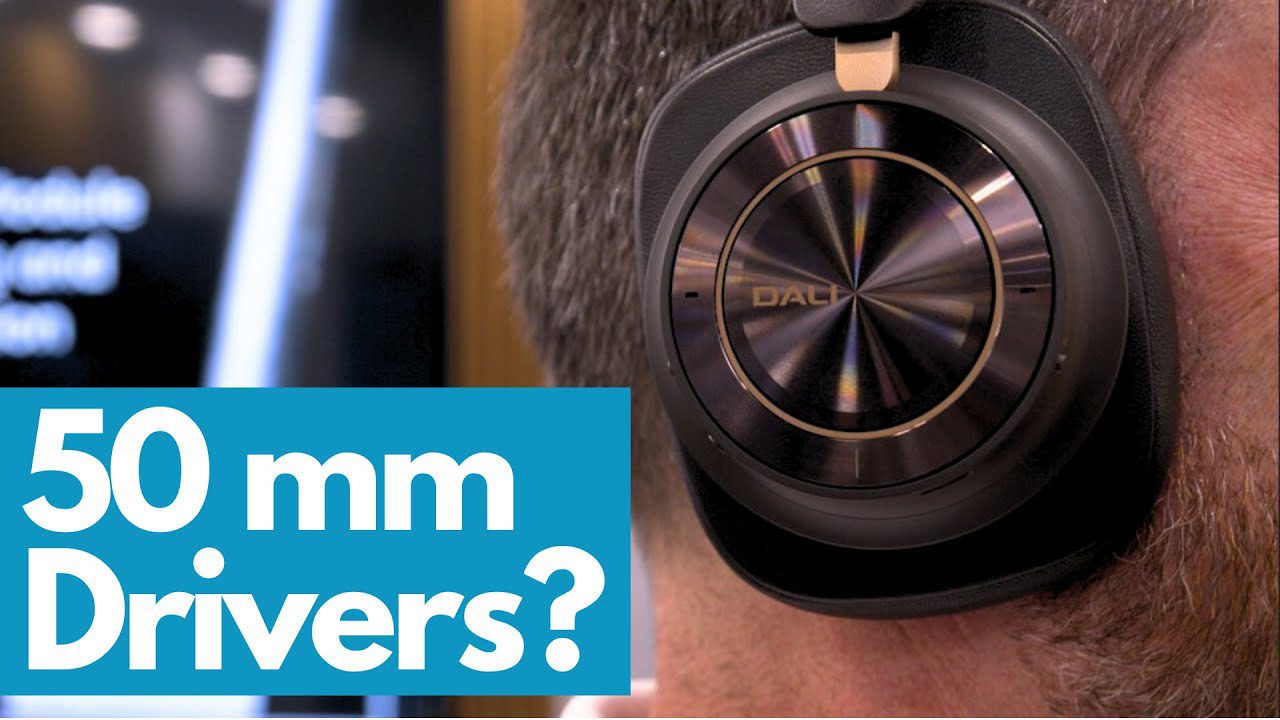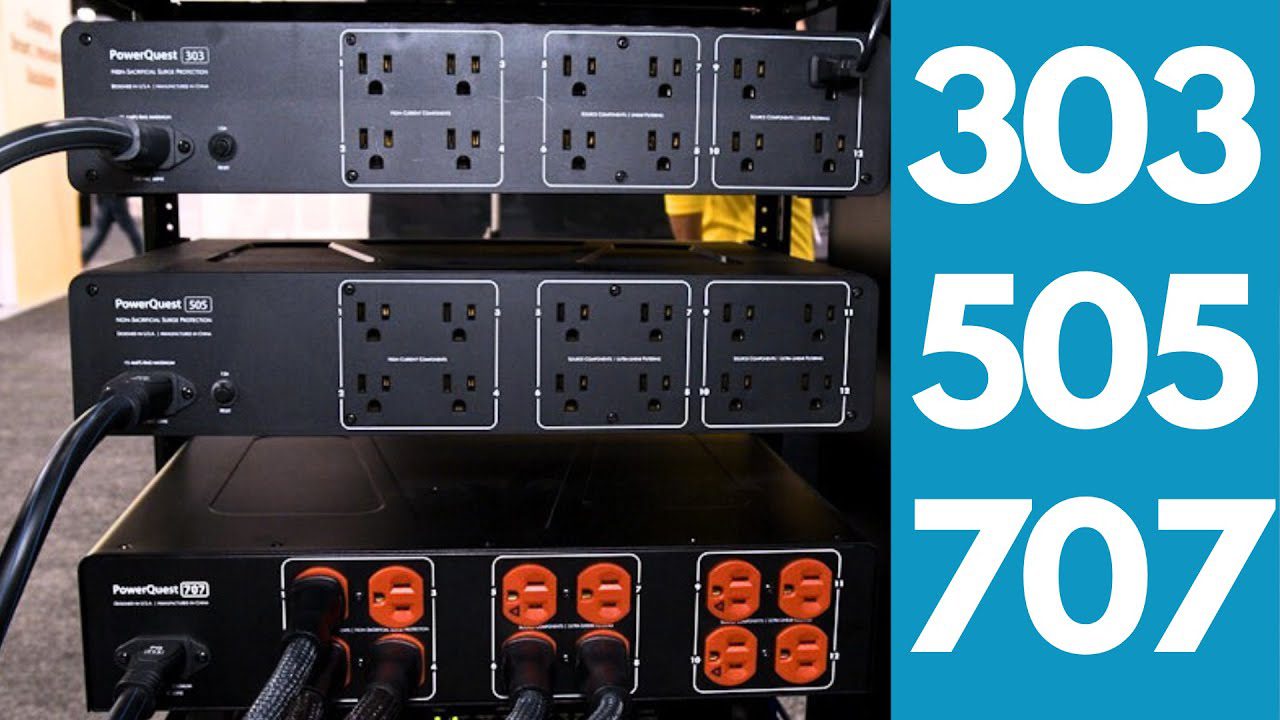
If you want to polarise the room (assuming it’s a room full of music and/or hi-fi enthusiasts, anyway), tell them analogue interconnects can profoundly affect the way their system sounds. Then retire to a safe distance. The way some people carry on, you’d think they were being forced to spend money on analogue stereo interconnects at gunpoint.
If you can’t hear the difference between cable ‘A’ and cable ‘B’ (and ignore for a moment whether or not you think ‘A’ sounds better or worse than ‘B’ – let’s just aim for establishing whether or not they sound different), in some ways that is good news. You’ve saved yourself a lot of time auditioning cables, a lot of money upgrading cables, and an awful lot of patience listening to hi-fi ‘experts’ bang on about the apparent differences.
If you discern a difference, though, in a few ways, you’re making a rod for your own back. Take this new Atlas Element pair of RCA analogue interconnects – are you satisfied they sound different to the cables you’re currently using in your system? And if you are, do you enjoy the difference they make?
Given that you’ve read this far into an analogue interconnect review in the pages of a venerable hi-fi magazine, I’m going to go ahead and assume that you are, at the very least, open-minded on this subject. And if you’re looking to make a difference to your system’s sound without spending authentically big money on hardware upgrades, something like this Element interconnect could be just the ticket.

£80 may not seem like ‘entry-level’ money, but this is where the Atlas range of analogue interconnects starts. And if you have got a system that justifies this sort of outlay, there’s no denying the Element is capable of affecting its sound in a pretty unambiguous way.
Some science first, though – hi-fi cables seem to be second only to hair-care products in laying on the terminology with a trowel.
The Element features Atlas’ ‘achromatic’ non-magnetic RCA plug. It’s a low-mass, solder-free connector, cold-welded to create a coherent, uncompromised signal path. The signal conductor itself is of fully shielded continuous casting copper, intended to offer maximum radio frequency interference resistance. A foamed polyethene dielectric surrounds the conductor, and this all sits within a circular conducting screen that acts as the signal return path.
The result is a cable that’s visually quite pleasant in its pearlescent finish (although given that it will almost certainly spend its working life hidden behind audio equipment there’s no need). Its plugs feel robust, and it seems ready to withstand way more plugging and unplugging than it’s ever likely to be subjected to, reviewers and their proclivities notwithstanding.
During this test, the Atlas Element fed a Naim Uniti Star streamer/amp with, variously, an Arcam FMJ CD37 CD player, a Cambridge Audio Alva TT turntable, and an EarMen TR-Amp portable DAC connected to a Sony Xperia 5 Android smartphone. And it’s safe to say its sonic characteristics remain consistent.

Actually, ‘characteristics’ may be overstating it a little. There’s a happy lack of deception to how the Atlas goes about shifting information from point ‘A’ to point ‘B’ – its disinclination to stick its oar too far in is very welcome. This lack of artifice makes a good change from any number of alternative cables that seem determined to make an overt mark on the sound of a system.
Vinyl copies of Aretha Franklin’s I Never Loved a Man The Way I Love You [Atlantic] and Aphex Twin’s…I Care Because You Do [Warp] are delivered on a wide, properly defined and well-integrated soundstage, with the midrange unarguably in the spotlight. Aretha’s peerless vocal sits in a delicate little halo of space, which allows the finest details of her technique to show real eloquence. Her gospel-inflected piano-playing, too, is alive with harmonic detail – it’s made evident that her freedom of expression at the keyboard is what resulted in Spooner Oldham being moved sideways from piano to electric piano for these sessions.
It handles the rapidity and attack of Aphex Twin unfussily, too – the Element allows the turntable to showcase its facility with timing and integration, even as some of the album’s tracks try their utmost to sound like a call-centre amid a nervous breakdown. No rhythm, it seems, is too club-footed or lop-sided to shake the Element’s composure.
A compact disc of Caveman’s Positive Reaction [Profile] revels in similarly surefooted timing and rhythmic certainty. There’s not quite the low-frequency substance to which some competing interconnects grant expression. Still, the bass information has great positivity where the attack and decay of individual hits or notes are concerned. And, again, there’s sufficient detail – of texture and timbre, as well as of depth and intensity – to make the Atlas a completely convincing listen.
And no matter if the Sony Xperia 5/EarMen DAC combination is serving up an MQA-powered TIDAL Masters file of Randy Newman’s Little Criminals [Reprise] or a poverty-spec Spotify stream of Camera Obscura’s Biggest Bluest Hi-Fi [Andmoresound], the Atlas is never less than poised and confident. Not even Spotify’s measly 320kbps facsimiles can provoke the treble response – which puts the Element quite firmly at odds with any number of alternatives that will shamelessly ring and splash at the top of the frequency range when dealing with miserable file-sizes like this. It remains consistent in its ability to keep a soundstage tidy, keep the frequency range smoothly integrated and ensure rhythms and tempos stay on the front foot.
Attempting to identify your system’s ideal interconnects is a valid, if not entirely mainstream, pastime. Yes, there’s a hint of ‘tinkering’ to it, and it’s all too possible to get stuck in a loop of chopping and changing. But if you’re judicious, and if you accept that sounding ‘different’ isn’t automatically the same as sounding ‘better’, it’s possible to wring every penny’s-worth of performance from your set-up. There’s no doubt the new Atlas Element can help you hear where your money has gone.
Price and Contact Details
- Atlas Element Acromatic: £80/1m pair
Manufacturer: Atlas Cables
URL: atlascables.com
Tel: 0800 023 7370 (UK only)
Tel: +44(0)1563 572666
By Simon Lucas
More articles from this authorRead Next From Review
See all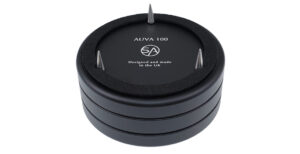
Stack Audio AUVA 100
- May 16, 2024
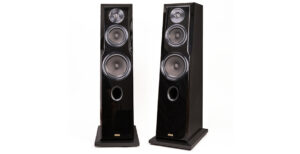
Xavian Virtuosa Anniversario
- May 16, 2024
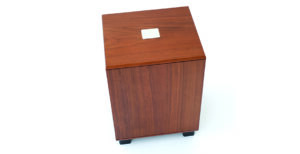
REL Classic 98
- May 07, 2024
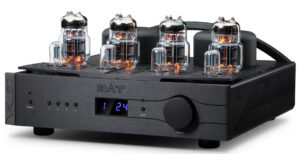
Balanced Audio Technology VK80i
- May 07, 2024

